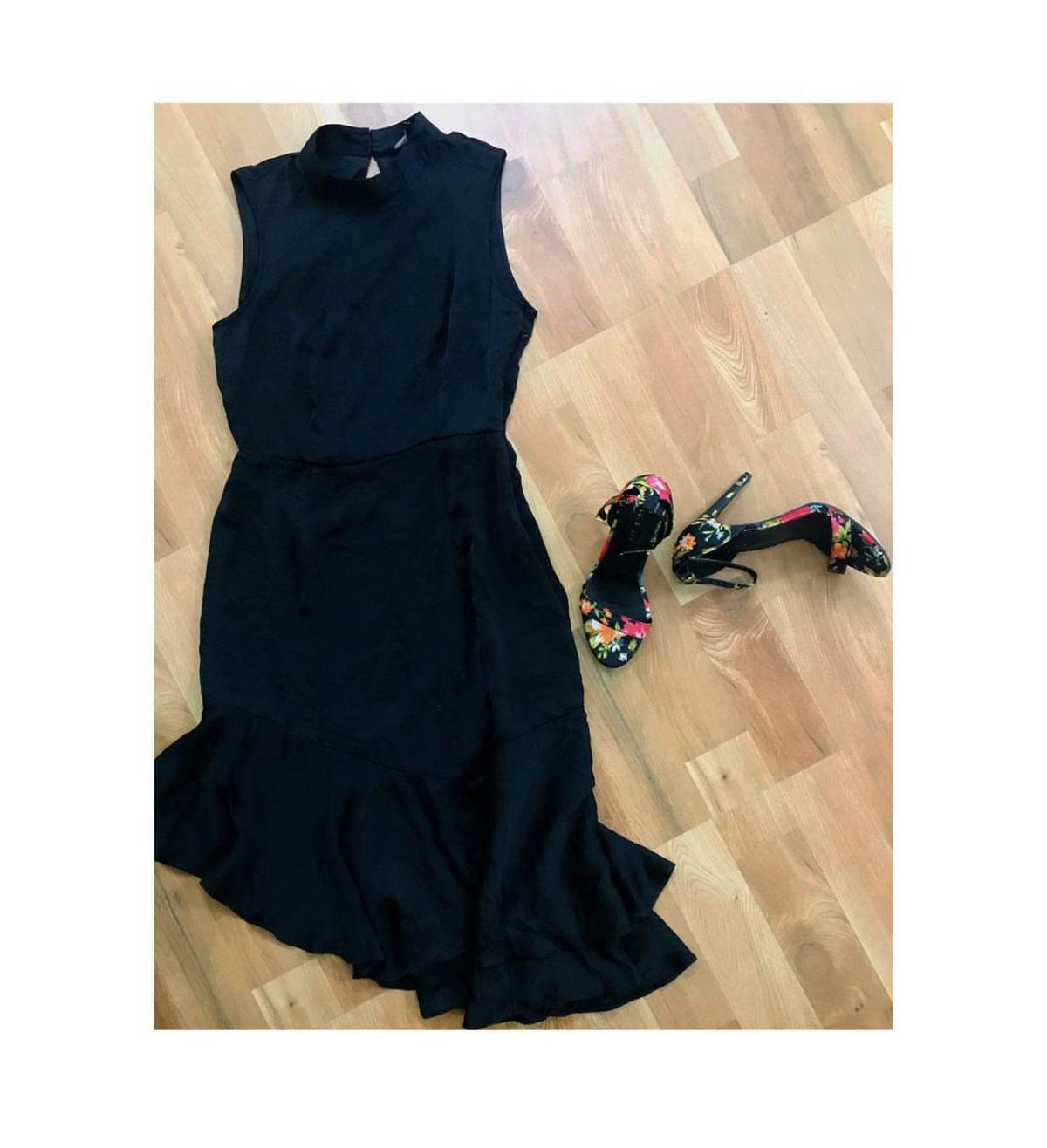Over the past year Roshni Vineeth has had a sale of her pre-loved garments via Instagram. The Thrissur-based content creator who has 89.1K followers announces a sale via Instagram stories, and sells 15-20 garments each time. “I have done this four times over the past year, and they have all been sold out. This saves me space and the buyer gets a garment at a much lower price,” says Roshni, who creates lifestyle content. Besides clothes, Kochi is also shopping for preloved furniture, utensils, crockery, gadgets, mattresses and more.
Entrepreneur/social worker Roopa George says the trend caught on post-2020, an impact of COVID-19 and lockdowns which gave people time to introspect on choices. She created a WhatsApp group in 2022, Pre Loved Goods, which has today grown to over 950 members (all women). Her first such group was formed in 2019, which has now preloved electronic gadgets, furniture, household items besides clothes, which are sold and bought over the platform daily. The group buzzes with activity, with items being picked up almost immediately after they have posted on it. The reason for selling has to be specified alongside.
“There was a certain degree of stigma attached to it [preloved goods], but when, instead of second-hand or used, you use the term ‘preloved’ the implication changes,” says Roopa.
Preloved from The Swap Room.
| Photo Credit:
SPECIAL ARRANGEMENT
The findings of a survey, published in August 2023 by Statista on shopping behaviour, states clothes rank second in the most common second-hand purchases in India. Bags and accessories are number one, and Kochi follows that trend. Like online platforms for sale and purchase of electronic goods, vehicles, and even houses, WhatsApp groups and Instagram provide easy access to pre-loved goods especially for those looking for reliable goods and sellers.
Gaining acceptability
Ann Benjamin of Swap Room remembers the uphill task of setting up the Swap Room in 2018-19, when the idea was still in its nascence in Kochi. “A lot of people are now doing it. It has gained acceptability with content creators coming into the picture. Back in the day, when I started the Swap Room, I had to start by educating people not just about swapping but also donating items that were in a good condition. Also it was more about swapping, it was not intended as a monetary transaction,” Ann adds. She uses the Swap Room IG handle @theswaproom to post pre-loved garments and other items. Although she has closed down her office, she is looking for a place to reopen the space as she feels the time is right with increased awareness.

The Swap Room’s preloved merchandise.
| Photo Credit:
SPECIAL ARRANGEMENT
Kavya Ecofeminist, who runs an NGO that works with climate action among other things, has been thrifting for the past decade. Apart from electronic goods which need updated versions that she shops brand new, she prefers to shop for second-hand or ‘gently-used’ items. She agrees there has been a change in shopping patterns, “especially over the past 10 years, since 2012 when the conversation around climate activism began. People became more conscious — about their shopping and generating waste. And the pandemic made people even more so. Also, traditionally, when families were bigger, things were ‘rotated’ and reused. Buying was limited, but things changed.”
COVID-19 and the resultant downturn on economic activity with lost incomes and businesses called for a reassessment of priorities Plus the impact of climate change became a reality with eco-anxiety became a reality.
Bunuel PA, an entrepreneur, began shopping for preloved fashion around seven years ago. “As a fashion industry-insider, I know the impact of fast fashion and I am conscious about how I shop. Shopping in Kochi is not easy, as there aren’t enough places here for clothes. The Swap Room was a go-to place,” he says.
Ambiguous take
For most, selling preloved goods is an exercise in decluttering and they may not necessarily shop preloved. It is an evolving mentality, says Teby Thomas, of eco-store Go Nature Origins in Panampilly Nagar. The response to a sale of pre-loved garments, Kaimaatam (loosely translated to exchange), organised by the store was encouraging, Teby says. “There were a lot of visitors, most of whom were youngsters. Whether the merchandise purchased was for personal use or to give away, there were a lot of footfalls. Is there an interest in pre-loved goods? I know people who shop and use pre-loved as a choice, ,” he adds.
Content creator Roshni Vineeth
“It is aspirational too…why spend so much on a piece of clothing when you get gently-used, preloved? Recently a Dubai-based follower bought a sari which I had storied on IG as a gift for his partner. It was as good as new, and did not cost much. And she loved it.,” Roshni says. The demographic of customers shopping preloved is in the age group of 20-30 years, but it depends on the garments, she adds.
Despite a thriving community, not many people who use pre-loved like to publicise it. “There are socio-economic reasons for that. For example, when the economy went global 30 years ago people started buying more. Buying or using preloved became frowned upon,” Bunuel says. “Things are changing. I have hope from Gen Z which is open to the concept and many of whom shop preloved.”